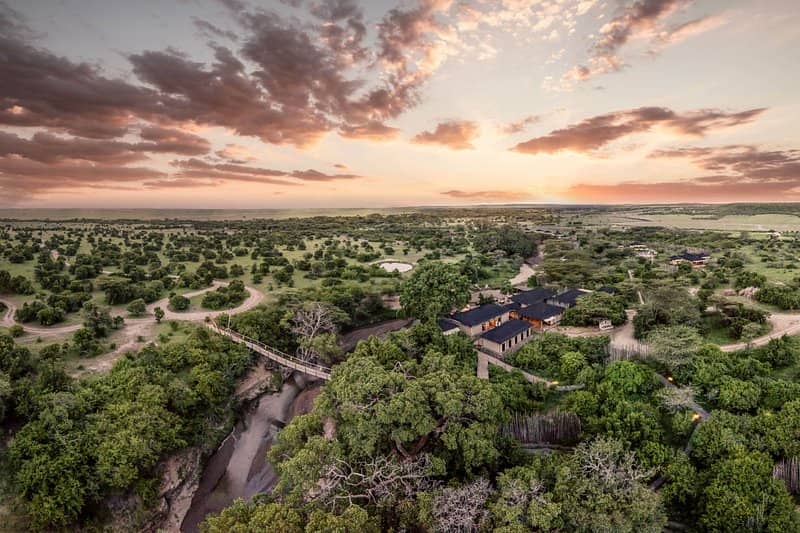Kenya’s hospitality industry has bounced back remarkably after the challenges posed by the COVID-19 pandemic.
The industry has emerged as one of the best-performing asset classes in 2023, APO reports on Wednesday.
This resurgence is particularly notable in Nairobi.
The strategic position of Kenya’s capital city serves as an East African hub for various industries, including corporate, government, MICE (Meetings, Incentives, Conferences, and Exhibitions), embassies and tourism, which makes it an attractive destination for hospitality and residence brands.
The increasing and diversifying demand for accommodation is creating meaningful opportunities for market expansion and business growth.
This buoyant view reflects the insights of the thought leaders who will explore opportunities in East Africa’s fastest growing and most resurgent sector at the 11th annual East Africa Property Investment (EAPI) Summit Hospitality & Residences Forum on 17 and April 2024 in Nairobi, Kenya.
The forum will cover key hospitality trends, from greening to financing, development, resorts, safari, and more, creating a crucial platform for stakeholders in the hospitality and residence sectors.
The event will convene at the landmark Radisson Blu Upperhill, which recently received an EDGE (Excellence in Design for Greater Efficiency) rating, showcasing East Africa’s potential for sustainable and efficient hospitality development.
Radisson Hotel Group is the lead sponsor of the EAPI Hospitality Forum, and its Senior Director, Development – Sub-Sahara Africa, Daniel Trappler, is a guest speaker at the gathering.
Looking at the hospitality market, Trappler reports that demand drivers are creating the need for accommodation in Nairobi — both short stay and long stay.
“As demand continues to grow in all segments, this has balanced the influx of international and regional brands developing over the past decade, sidestepping the potential risk of oversupply.
Trappler highlights that hospitality is a key economic driver, employment creator and focal property type in regions throughout East Africa.
Fiona Craw, JLL’s Vice President – Hotels & Hospitality Group, Sub-Saharan Africa, reports that JLL is seeing growing interest from investors, especially in markets such as Nairobi and Zanzibar. Craw also notes that private equity funds have been key in driving the transaction market in Nairobi over the past 48 months.
“Hotels globally are emerging as a preferred asset class with global revenue per available room (RevPAR) recovering well, driven by strengthening urban performance.
While the hospitality sector was the most severely affected by the pandemic, it has been one of the fastest asset classes to recover across Africa and East Africa.”
Even so, Craw points out that access to capital for hotel developments will remain challenging in the short term.
The resultant significantly lower pipeline of new developments across the region has created a strong performance narrative for existing hotels.
“This was evident in 2023 with the Nairobi hotel market achieving higher occupancies and average daily rates than in 2019 pre-pandemic,” says Craw.

